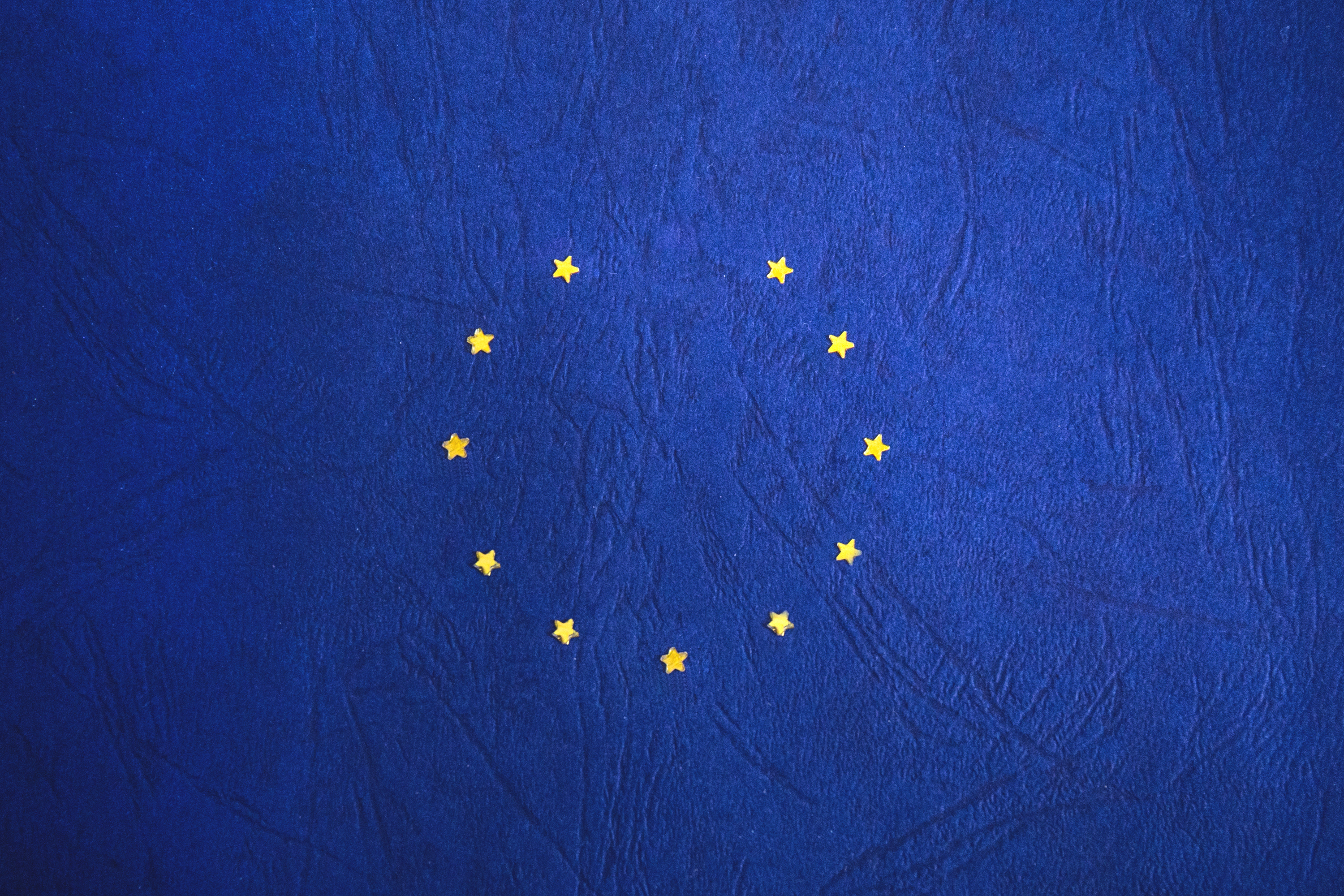Dr Owen Parker is a Senior Lecturer in European Politics at the University of Sheffield. He’ll be on the panel at The Past, Present & Future of European Unity event on Thursday 7 June. We chatted to Owen to find out more about his work and research.
As a Senior Lecturer in European Politics at the University of Sheffield your recent work has focused on the various crises currently facing the EU, including the Euro crisis, migration crisis, EU citizenship and free movement, and Brexit. Which of these issues do you think poses the greatest threat to European unity?
Each of these presents a challenge:
- Brexit, inasmuch as it reflects a rise of populism and anti-EU sentiment more generally in the EU.
- The migration crisis inasmuch as it has divided the member states and led to the imposition of border controls on mainland Europe in breach of the Schengen rules on free movement, an arguably fundamental part of the single market.
- And the eurozone crisis inasmuch as responses to it have exacerbated imbalances and inequalities which in turn have fed anti-euro and anti-EU sentiment in certain member states.
In my view the latter remains the most serious issue for European unity. Brexit may in fact galvanise the remaining 27 to push ahead with deeper integration. But any sense of unity will be undermined if significant economic imbalances persist and drive divergent politics within the eurozone. There is, in particular, the potential for issues associated with economic governance and the euro to drive a wedge between France and Germany, still the key states in terms of sustaining/driving integration.
So much of the argument for Brexit was framed around how undemocratic the EU supposedly is, how true do you think that is and can it be changed?
The particular role of the EU in undermining democracy was overstated in my view in the context of the Brexit debate — globalisation and trade deals in general will limit what states can do. But it is certainly true that people feel detached from the EU. Knowledge of the EU is limited throughout the EU and has been particularly so in the UK. People do not understand what it does, nor do they have a sense that they can effect what it does. In the past the EU has probably maintained some degree of legitimacy because it was perceived to deliver prosperity (even if people did not know exactly how).
But since the 1990s and particularly the financial and economic crisis from 2007, it is not clear that it delivers on that front. Moreover, the EU has, in response to the eurozone crisis, increased its oversight of member state economic and budgetary policies — a key feature of any meaningful democracy. In the end there are probably two ways in which the democratic deficit can be addressed: much deeper integration leading to a fiscal and associated political union or a rolling back of some aspects of integration, particularly those aspects which limit member state economic autonomy (but that may require the end of the euro). Neither option will be easily achieved.
Do you believe Brexit will be a catalyst for other countries to leave the EU?
Brexit is in some senses a reflection of rising populism and anti-EU sentiment throughout the EU but it is notable that anti-EU or anti-euro feeling in other member states does not necessarily translate into a desire to leave the EU: academics have spoken of ‘hard’ euroscepticism in the UK versus a mainly ’soft’ euroscepticism elsewhere. Indeed, in most member states in the immediate aftermath of Brexit, there was a notable spike in support for the EU. That said, in the long term, growing inequalities and disparities within and between member states could foster political division and lead to a more dramatic change in mood. But I don’t think Brexit will have been the catalyst: more fundamental tensions in the global political economy — between capitalism and democracy — are at the root of such trends.
You’ll be participating in The Past, Present & Future of European Unity event at Festival of Debate, which question do you think it will be most interesting to discuss in relation to this topic, and why?
The biggest issue I guess is whether Brexit and — probably even more importantly — economic crises, are the starting point in a broader disintegration of the EU. What are the forces that might continue to drive us towards disintegration? Is it desirable to prevent that? If so, what can be done to do so? And will it be politically viable? There are no easy answers here in my view, but they are pressing questions that urgently need to be discussed and debated.
Where can people find out more about your work and research?
https://www.sheffield.ac.uk/politics/people/academic/owen-parker#tab00
Blogs: http://speri.dept.shef.ac.uk/author/owen-parker/
You can find free tickets to The Past, Present & Future of European Unity event on 7 June here and you can find full event listings & tickets for Festival of Debate here.
Interview by Felicity Jackson
